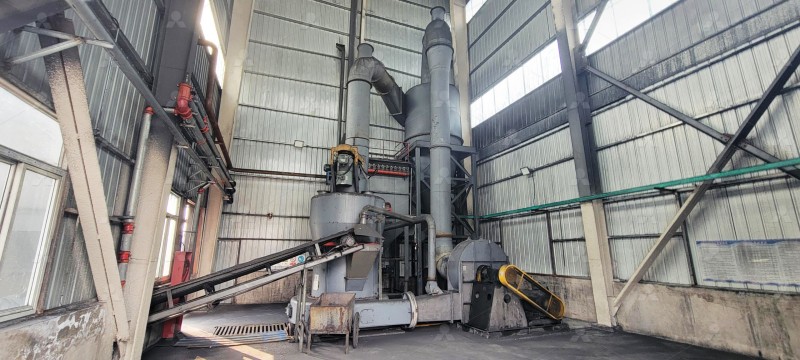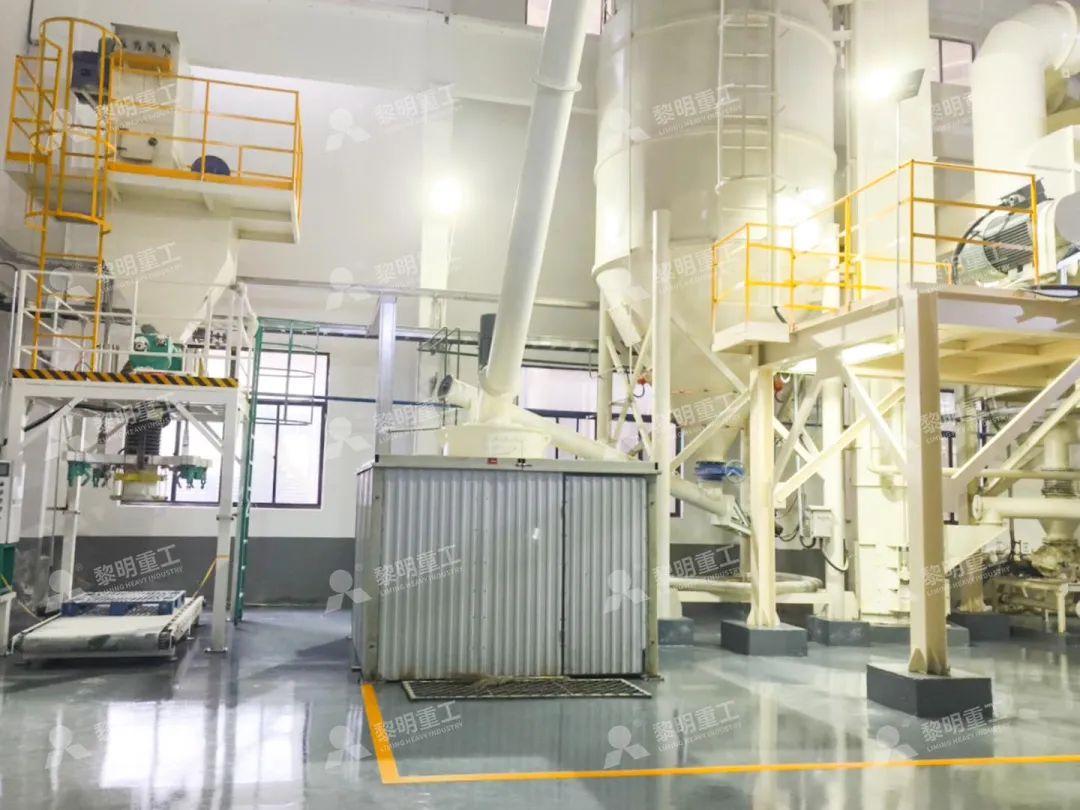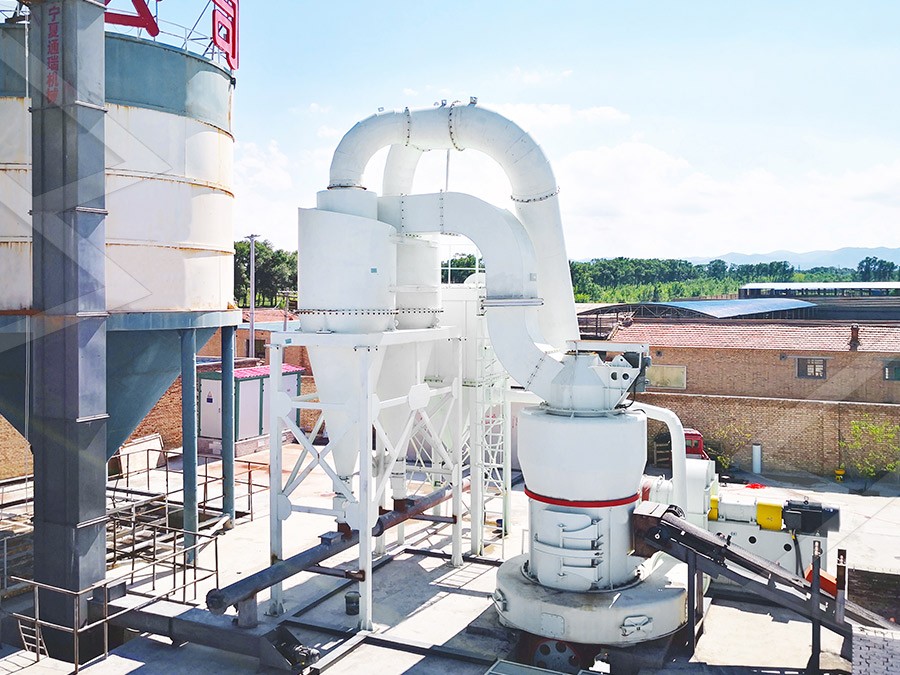Optimizing Coal Ash Grinding Efficiency with Advanced Ball Mill Technology
We provide a wide range of mills — including Raymond mill, trapezoidal mill, vertical mill, ultrafine mill, and ball mill, obtained ISO9001 international quality certification, EU CE certification, and Customs Union CU-TR certification. Suitable for processing minerals such as limestone, phosphate, quicklime, kaolin, talc, barite, bentonite, calcium carbonate, dolomite, coal, gypsum, clay, carbon black, slag, cement raw materials, cement clinker, and more.
The discharge range of these mills can be adjusted to meet specific processing needs, typically from 80-400 mesh, 600-3250 mesh, and can achieve the finest particle size of up to 6000 mesh(D50).
If you are looking for a reliable grinding solution to turn stone or minerals into fine powder, please feel free to contact our online customer service.
Optimizing Coal Ash Grinding Efficiency with Advanced Ball Mill Technology
The power generation industry faces continuous pressure to improve operational efficiency while meeting stringent environmental regulations. One critical area where significant gains can be achieved is in coal ash processing, where traditional ball mills have long been the standard workhorse. However, conventional ball mill technology presents several challenges that impact both operational costs and environmental compliance.
Traditional ball mills typically consume substantial energy while generating considerable noise and dust emissions. The grinding efficiency often falls short of modern requirements, with limitations in fineness control and production capacity. These factors collectively contribute to higher operating costs and environmental concerns that demand innovative solutions.

The Evolution of Grinding Technology
Recent advancements in grinding technology have revolutionized coal ash processing. Modern mills incorporate sophisticated engineering principles that address the limitations of conventional ball mills. Through improved grinding curves, advanced material selection, and intelligent control systems, these next-generation solutions deliver superior performance across multiple parameters.
One standout innovation in this space is our MW Ultrafine Grinding Mill, which represents a significant leap forward in coal ash processing technology. With an input size capability of 0-20 mm and capacity ranging from 0.5-25 tph, this machine is specifically engineered for customers requiring ultra-fine powder production. The integration of efficient pulse dust collection and advanced muffler systems effectively minimizes environmental impact while maintaining operational excellence.
Key Performance Advantages
The MW Ultrafine Grinding Mill demonstrates remarkable efficiency improvements compared to traditional technologies. Its newly designed grinding curves for rollers and rings enhance grinding efficiency substantially, achieving production capacity 40% higher than jet grinding mills and double the output of conventional ball grinding mills under identical fineness and power conditions. Most impressively, the system energy consumption is reduced to just 30% of what jet grinding mills typically require.
Another critical advantage lies in the adjustable fineness range of 325-2500 meshes, made possible by German-engineered cage-type powder selector technology. This precision separation system, configurable according to specific yield, fineness, and sieving rate requirements, ensures consistent product quality with screening rates achieving d97≤5μm in a single pass.

Operational Reliability and Environmental Compliance
The mechanical design of the MW Ultrafine Grinding Mill incorporates several innovative features that enhance reliability and reduce maintenance requirements. The absence of rolling bearings and screws within the grinding chamber eliminates concerns about bearing damage or seal failures, while preventing machine damage from loose fasteners. External lubrication systems enable continuous 24-hour operation without shutdowns for maintenance.
Environmental performance is equally impressive, with the integrated pulse dust collector ensuring no dust pollution during operation. Combined with silencers and noise elimination technology, the entire milling system operates well within national environmental protection standards, making it an ideal solution for facilities subject to strict regulatory requirements.
Practical Applications and Considerations
For operations processing coal powder, petroleum coal, and related materials, the transition to advanced grinding technology offers tangible benefits. The digital processing capabilities of modern mills, supported by numerical control machine tools for precision manufacturing, ensure consistent performance and product quality. Operations such as steel plate cutting, bending, planing, milling, and paint spraying are all digitally controlled, resulting in exceptional machining precision particularly for core components.
Furthermore, comprehensive spare parts support and technical services guarantee worry-free operation, with manufacturers taking full responsibility for every machine produced. This commitment to after-sales support ensures long-term reliability and operational continuity.

Frequently Asked Questions
What makes the MW Ultrafine Grinding Mill more efficient than traditional ball mills?
The MW Mill incorporates newly designed grinding curves that significantly enhance grinding efficiency. It delivers 40% higher production capacity than jet grinding mills and double the output of ball grinding mills while consuming only 30% of the energy required by jet mills.
How does the mill handle environmental concerns like dust and noise?
The system includes an efficient pulse dust collector that prevents dust pollution entirely. Additionally, silencers and noise elimination technology reduce operational noise, ensuring compliance with environmental standards.
What maintenance advantages does the MW Ultrafine Grinding Mill offer?
With no rolling bearings or screws in the grinding chamber, maintenance concerns are significantly reduced. The external lubrication system allows for continuous 24-hour operation without shutdowns for maintenance.
Can the fineness of the final product be adjusted?
Yes, the mill features adjustable fineness between 325-2500 meshes using German cage-type powder selector technology, providing precise control over product specifications.
What materials can the MW Ultrafine Grinding Mill process?
Beyond coal ash and petroleum coal, the mill handles limestone, calcite, dolomite, gypsum, barite, marble, talc, and various materials for chemical, paint, cosmetic, pharmaceutical, and food additive applications.
